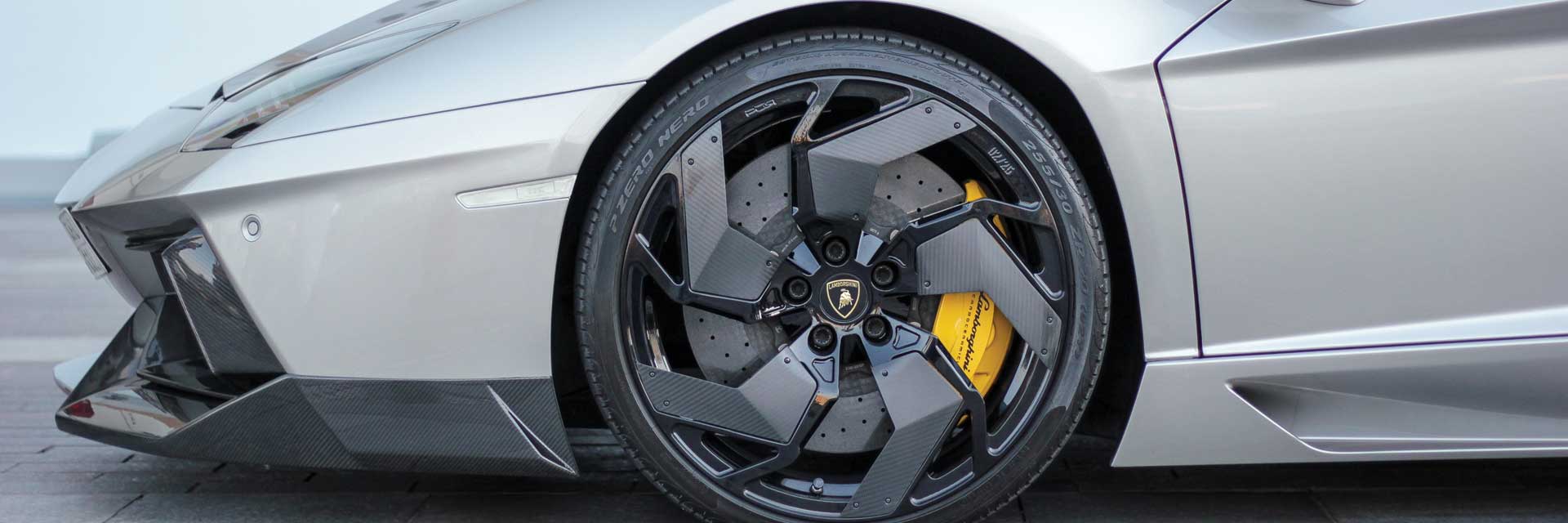I’m not a lawyer – I’m a race car driver. But before that, I was the general counsel of a Fortune 500 company for a dozen years. Prior to that, I was an in-house counsel for almost a decade. Before that, I formed and ran a small investment bank/business broker and international consultancy. And before that that, I was a lawyer, spending about half a decade with BigLaw and a year as a Federal District Court Clerk.
While I view my time as a GC from the perspective of a business executive, I cannot escape the fact that I was also a lawyer. So my 35 year legal journey took me from law/grad student in Washington DC, to the right hand of a Federal Judge, to the mindless drone-dom of a BigLaw associate, to the anxiety of an entrepreneur, to the ‘freedom from hourly billing but otherwise not really much different than law firm’ life of many in-house counsel, to finally an executive that just happened to be a lawyer.
Along this journey, I learned to talk business, not law. I learned that interesting questions of law are indeed interesting – but not to the client. I learned that customers want to pay for outputs, not inputs. They want results, not hours. But most importantly, they want actionable, practical legal advice – some might say they want a one-handed lawyer, not an equivocator hiding behind the ‘that’s a business decision’ shield. So, while my day job included providing legal services to my company by building and managing a high performance legal team, my real role was all about being part of an executive team – focusing on the success of the company while maintaining the legal and ethical compass. In other words, I’m not just a lawyer – I’m a parent, a teacher, a life-guard, a manager, a counsellor, and yes, a race car driver. (Seriously, I have evidence of my racing!)
Before telling you why this matters at all, perhaps I should augment my biography with some personal reflection: I retired from the company I served for over 20 years – yes, a bit early. I left my seat at the table of a major corporation not because I was tired, or done, or frustrated, or conflicted – I left because I wasn’t done.
I’m worried about the future of the legal profession. It is pricing itself out of reach of normal people and companies – and that’s the real tragedy of today’s legal market – genuine access to the justice problem does not involve just the poor, the oppressed, the weak, and the disenfranchised – it involves each and every one of us who needs reliable and affordable legal services, and access to practical legal advice and counsel. If it doesn’t fix itself, the legal services industry as we know it today will be irrelevant and customers will find new ways. If we don’t build it ourselves, we have neither the right to complain about what results, nor the assurance that we’ll have any role in the waves of change to come.
So, back to those seemingly different roles I have. In each of those roles – except for maybe the race car driver – the primary attribute, the distinguishing feature, is not knowledge but wisdom – or what some might call judgment. Knowledge can be taught. Experience gained. But wisdom is that ‘secret sauce’ of the practical application to the situation presented. Access to, and delivery of, that practical knowledge is what really makes the teacher, the parent, the counsellor– and yes the lawyer– relevant and ultimately valued. All too often, our wisdom is disregarded and mistakes and problems occur. But the very best do not judge. They don’t say ‘I told you so’ or ‘if only you’d listened’. No, the very best understand that the past cannot be changed – it can only form the basis for behaviour in the future. And just like the best teacher is not only a great lecturer, the best lawyer is not necessarily the smartest or the most polished advocate. The very best of the best demonstrate and walk their own talk. The very best in our profession are counsellors, not lawyers.
But why do I mention this race car driver thing? Many race drivers are a lot like many lawyers – brash, smart, individual contributors, leaders not followers. But the very best drivers understand the value of teamwork and planning. Races are won from preparation, and the best preparation is based on focusing on what went well and what didn’t go so well in past performances. The performance phase of the P3 circle of Plan-Perform-Perfect is actually the least important of the three – but that’s where the glory is. That’s where the heroic act, the brilliant pass, the skilful navigation though a pile up, the incredibly quick pit stop, can be witnessed. Innate talent can make a difference sporadically, but only relentless planning, immaculate teamwork, and selfless reflection to improve provide the consistent platform for sustainable success.
I’ve started this column because I want to explore these areas, issues and ideas. I’m sure I’ll digress from time to time, but I’m committed to returning to a very a simple proposition: the best legal problem is the one you never have. That’s what prevention is all about. That’s the future of law. That’s what I’m looking at now and I’m going to explore with you, the readers of GC Magazine.
I hope you’ll stay tuned. I hope you’ll join this conversation. But even more than that, I hope you’ll join me on this journey.
